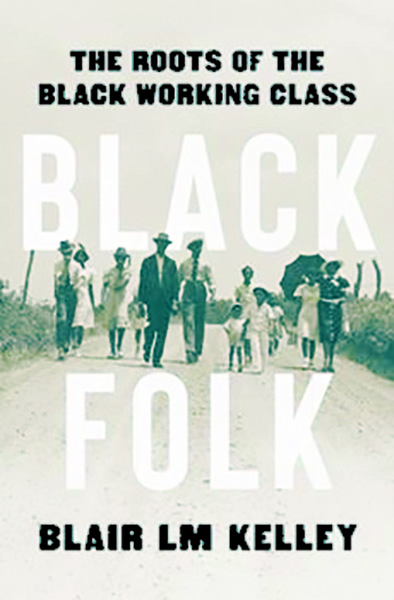Black Arts and Culture
New Book Focuses On Working Class Blacks
“Black Folk: The Roots of The Black Working Class” explores the struggles and resilience of the African-American working class throughout history, from slavery to essential workers during the pandemic.

By Rosaland Tyler
Associate Editor
New Journal and Guide
University of North Carolina professor Blair Kelley recently released a book that focuses on the African-American working class, at a time when many Blacks are seeking reparations, unemployed, or holding multiple jobs in order to make ends meet.
Her book examines 200 years of Black labor stretching from slavery to essential workers who were forced to work during the COVID-19 pandemic. The new book titled, “Black Folk: The Roots of The Black Working Class,” examines laundresses, Pullman porters, domestic maids, postal workers, and Blacks who refused to work for free during slavery.
“Generations of people who toiled for others to make the country wealthy walked away with the clothes on their back,” Kelley said.
“The anger that so many people had toward them was profound. And yet they pushed toward their own freedom, their own voices, their own policies, their own politics,” the author said.
While some Blacks bought their own freedom or held down multiple jobs in order to buy a relative’s freedom, others simply refused to work for plantation owners who only cared about White financial gain. For example, a female slave who did not want to be sold or traded, chopped off her hand at the wrist because she knew that she would no longer be valued as a prime female hand. Without her right hand, she would remain with her children.
Working class Blacks tended to feel angry. Yet, they continued to work for free or work for miniscule wages after slavery ended.
Many arose at dawn, worked all day and sometimes late into the night if the family hosted or attended a dinner party. Many working-class Blacks lived in basements, hallways or closets. They really had very little privacy, and oftentimes were targeted by men in the household for sexual assault, the author said.